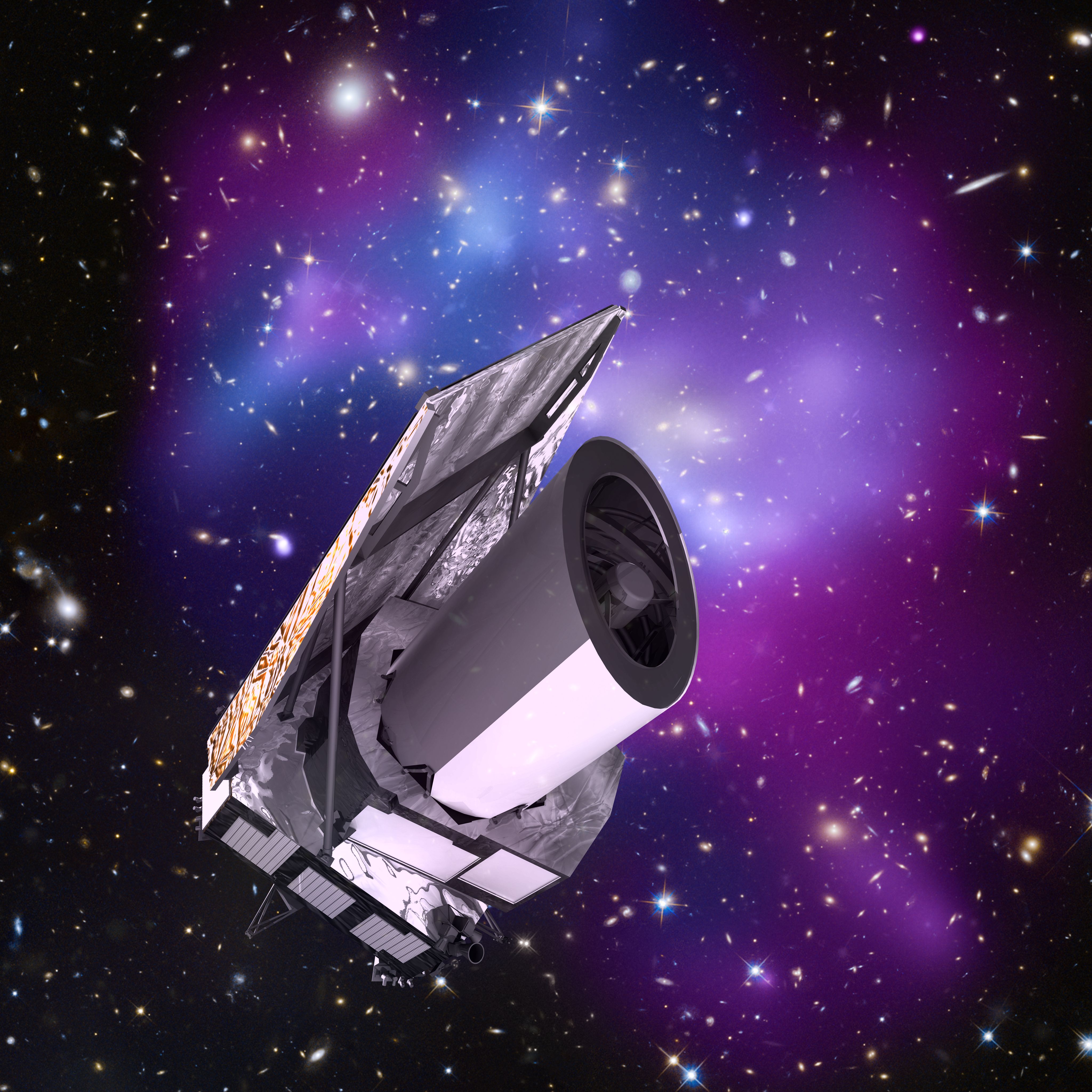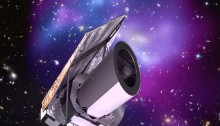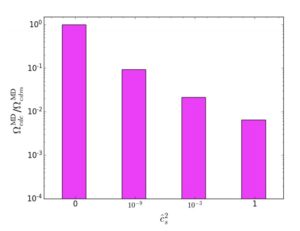Cosmology and Fundamental Physics with the Euclid Satellite

Understanding the source of cosmic acceleration in the universe is one of the major challenges that will be addressed by future surveys like the Euclid space mission. Acceleration may be caused by a cosmological constant or by a dynamical fluid (dark energy) or rather be a sign that the laws of gravity themselves are different at very large scales. Euclid data interpretation will aim at discriminating among these scenarios. CosmoStat is active in the Theory Working Group, and V.Pettorino led the update of the Review Cosmology and Fundamental Physics with the Euclid Satellite, published on Living Reviews in Relativity in 2018 https://link.springer.com/article/10.1007%2Fs41114-017-0010-3. The figure below (originally from Hu and Sawicki (2007a), replotted as Fig.19 of the Review, shows constraints expected for Euclid on the growth factor, for different cosmological scenarios.
Reference : Euclid Theory Working Group, Cosmology and Fundamental Physics with the Euclid Satellite,
DOI: https://doi.org/10.1007/s41114-017-0010-3 published on 12 April 2018.



